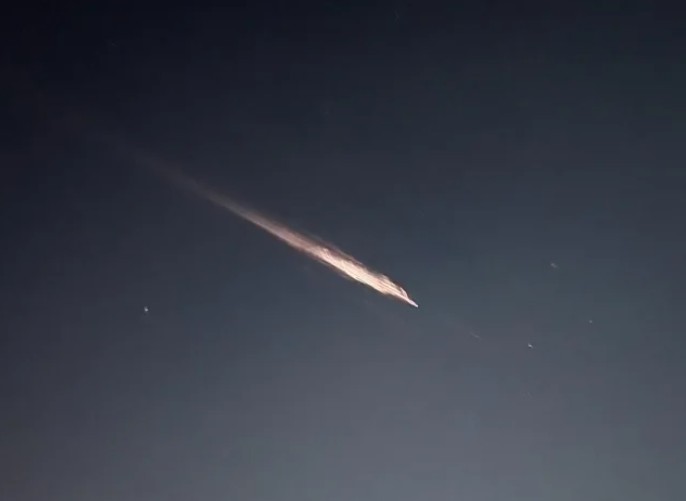Perseid Meteor Shower Set to Dazzle UK Skies with Up to 100 Fireballs an Hour
Stargazers across the UK are gearing up for a celestial spectacle this week. The Perseid meteor shower is reaching its peak, promising a dazzling display of up to 100 meteors, including brilliant fireballs flashing across the sky each hour.
Described by NASA as the “most popular meteor shower of the year”, this event is a must-see for astronomy fans and casual skywatchers alike.
The show will unfold in the early hours of 12 August, though the meteor shower has been active since 17 July and will continue until 24 August.
According to the Royal Observatory, meteors may be visible as soon as night falls, but the best window for viewing runs from midnight on 11 August until around 5.30 am the next morning.
Adding to the magic, Jupiter and Venus will appear unusually close, just one degree apart, in the pre-dawn sky on 11 and 12 August, offering a glittering bonus to the meteor display.
The Perseids occur as Earth traverses a stream of dust left behind by Comet Swift-Tuttle. Tiny fragments, no larger than grains of sand, hurtle into our atmosphere at around 36 miles per second, burning up and producing those iconic streaks of light.
Named for the constellation Perseus, where they seem to originate, the Perseids are renowned for their vivid fireballs, longer, brighter flashes that linger in the sky.
This year’s peak also falls under the glow of the Sturgeon Moon, with the Perseid meteor shower and Sturgeon Moon pairing up for a rare midsummer show.
The nearly full moon, at 84% brightness, may drown out some of the fainter meteors, but that doesn’t mean you’ll miss the spectacle. Position yourself where a tree, building, or hill shields you from the moonlight, and you could still catch the brightest streaks.
Experts advise escaping city lights for the clearest view, think remote hills or coastal spots. Allow your eyes 10–15 minutes to adjust to the darkness, and use a red-light torch to minimize strain on your night vision.
As meteorite expert Dr Ashley King of London’s Natural History Museum noted: “Once you get used to the low light levels, you’ll begin to notice more and more. So don’t give up too quickly.”
Grab a blanket, step outside, and look up. The heavens are staging a performance, and for one night, the Perseids are the undisputed stars.






